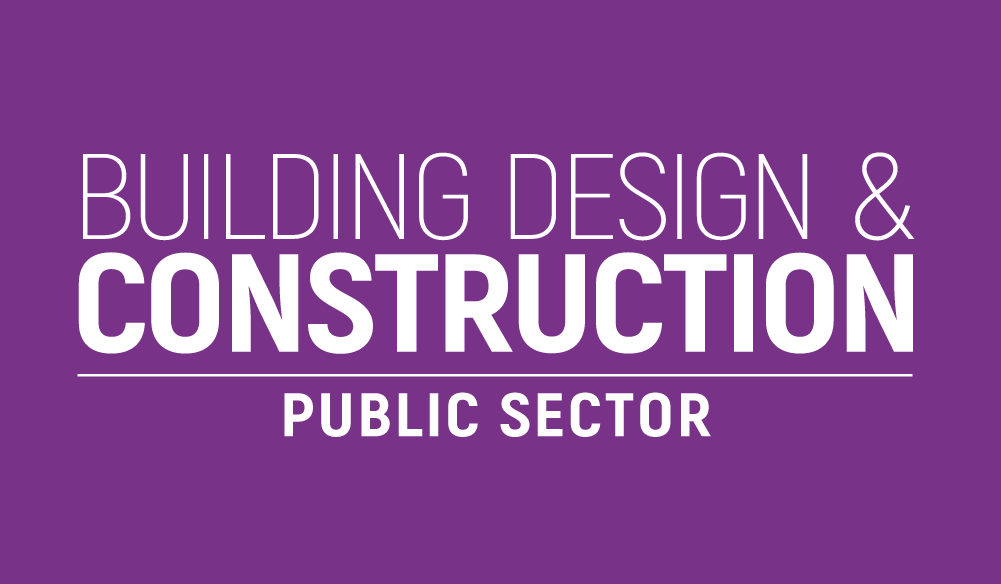Cllr Georgia Gould, Chair of London Councils, said:
“Borough finances remain in a critical condition. Before today’s statement from the chancellor we estimated a £700 million shortfall next year for councils in the capital, which means a bleak future for many of the local services our communities rely on.
“Council tax is not the answer to the inadequate funding we’re grappling with. Council tax rises during a cost-of-living crisis are extremely difficult for the struggling households we’re determined to support. But even if council tax goes up, it could never plug that £700m funding gap.
“Boroughs need proper investment from the government. Just as ministers worked in partnership with councils during the Covid-19 pandemic, we now require similar support in the face of the current economic emergency. We stand ready to work together in finding a sustainable solution that protects local services, helps Londoners through cost-of-living pressures, and secures the economic growth we all want to see.”
London Councils’ analysis ahead of the Autumn Statement showed boroughs in the capital face a funding gap of £400m this year (2022-23) and £700m next year (2023-24).
Local authorities are highly dependent on central government funding and there are no realistic options for boroughs to raise the £700m through other means. If boroughs were to try generating the £700m from London’s council taxpayers, council tax bills would need to rise by around 18%.
There are strict legal limits on local authorities raising council tax. Before the changes announced by the chancellor at the Autumn Statement, London boroughs could only raise council tax by 2.99% and would need to hold a referendum to go above that.
London Councils’ calculation of a £700m funding shortfall next year already factors in an anticipated increase in council tax revenue. The cross-party group estimates that the government permitting council tax increases of 5% could still only close the gap by £80m, if boroughs chose the new maximum increase. London Councils wants to see significant reform of local government finance so that boroughs have more resource-raising flexibilities and are less reliant on central government funds and council tax.
Building, Design & Construction Magazine | The Choice of Industry Professionals





